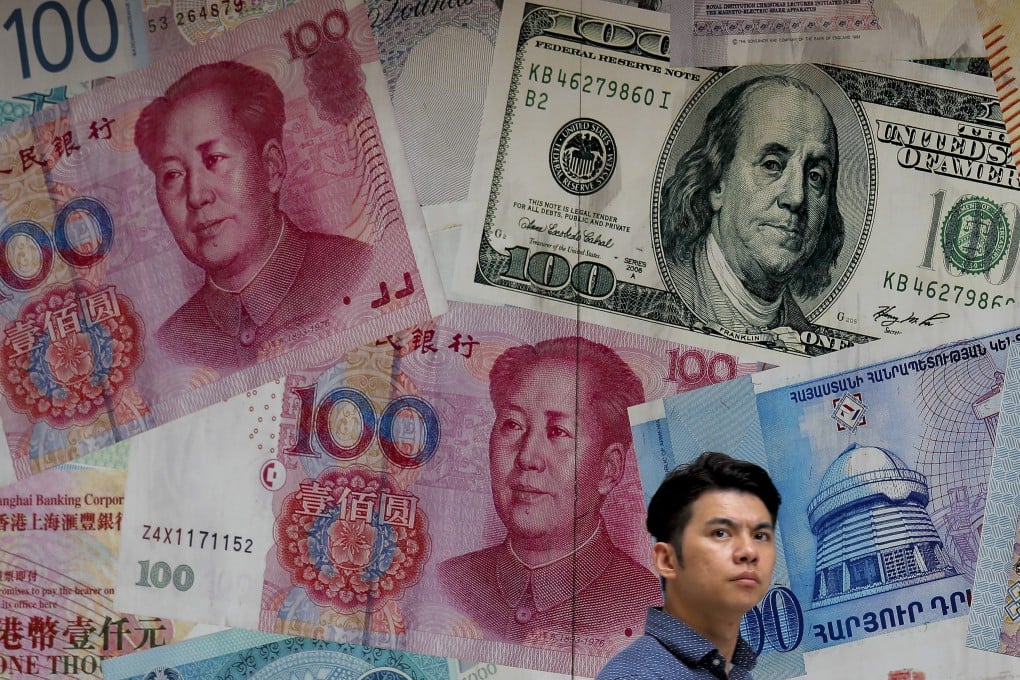White House weighs restrictions on US capital flows into China
- Officials are considering delisting Chinese firms from US stock exchanges
- Discussions on limiting Chinese access to American capital taking place as Washington and Beijing negotiate potential truce in trade war

The White House is discussing ways to restrict US capital flows into China in what would be an unprecedented move that could limit trillions of dollars in investment and accelerate a financial decoupling of the two largest economies in the world.
Bloomberg News first reported earlier on Friday that the restrictions Trump administration officials are looking into include delisting Chinese companies from US stock exchanges and preventing US government pension funds from investing in the Chinese market.
“[We] don’t believe any of these ideas are ready for prime time at this point. Actions to limit trillions of dollars in investment are going to be met with opposition on Capitol Hill,” said Henrietta Treyz, director of economic policy research at Veda Partners, a consulting firm focusing on policy analysis in Bethesda, Maryland.
“While smaller-scale federal intervention is likely, these broad-based changes are not likely to become reality in the near term,” Treyz wrote in a report on Friday following the news.
So far this year, about US$65.4 billion of US investment capital flowed into Chinese equity and debt, following an inflow of about US$160.4 billion in 2018, according to the Institute of International Finance.
The deliberations come as Washington and Beijing prepare to start a fresh round of trade negotiations on October 10 to resolve a 15-month trade war that has rattled the world’s two biggest economies, the global economy and investors alike.